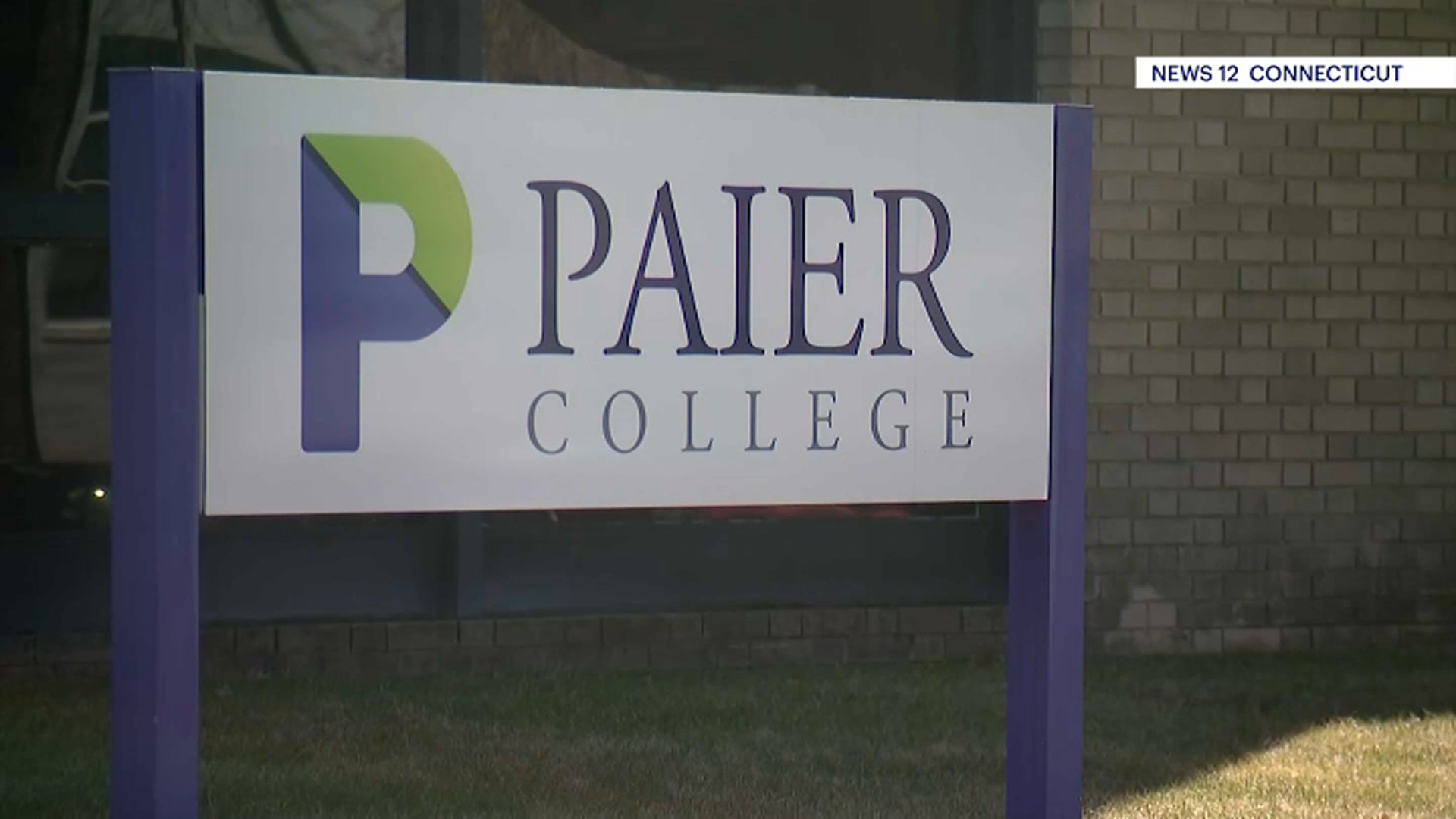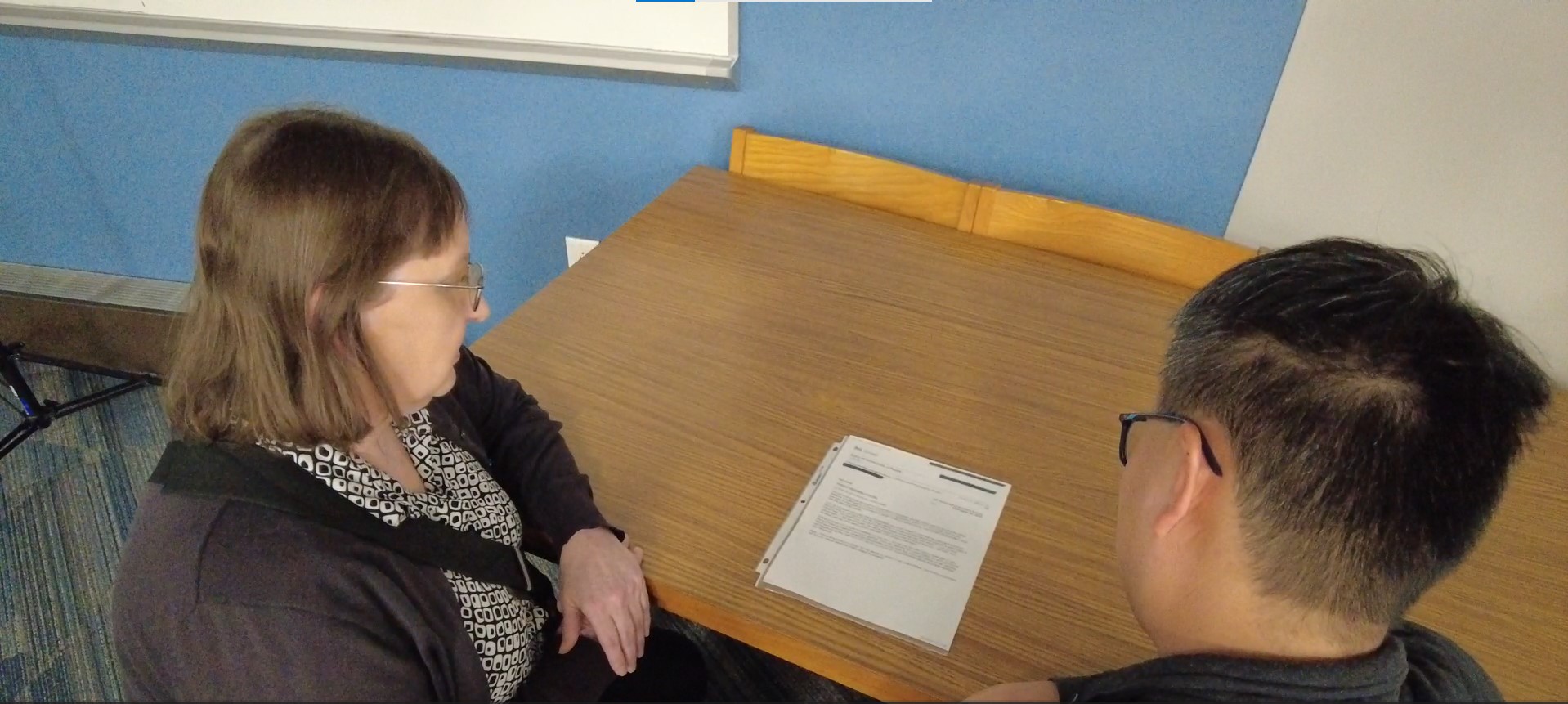With tariffs being put across the board on nearly all countries around the world, what could that mean for your wallet? This is what experts say.
With tariffs being put across the board on nearly all countries around the world, what could that mean for your wallet?
“I think everybody wants cheap things, but I feel like prices just go up with everything going on,” Carol-Ann Titus, of Hartland, said.
That’s how some shoppers were feeling as they headed into Old Navy for clothes with looming tariffs potentially driving up prices.
“It’s a fundamental thing. You don’t want to spend too much on a certain item, especially with the incoming tariffs,” Jacob Lord, of Torrington, said.
Get top local stories in Connecticut delivered to you every morning. Sign up for NBC Connecticut's News Headlines newsletter.
The broad tariffs President Donald Trump announced on Wednesday are aimed at increasing domestic manufacturing jobs but could come with a cost.
The Budget Lab at Yale estimates that the average person will be paying $80 more a week because of them, starting with a 17 percent jump in clothing prices.
“If you're planning on going to buy your kids a new summer outfit, or over the summer, back-to-school clothes, those are going to be much more expensive,” Martha Gimbel, executive director of the Budget Lab at Yale, said.
Local
If you're planning on going to buy your kids a new summer outfit, or over the summer, back-to-school clothes, those are going to be much more expensive.
Martha Gimbel, executive director of the Budget Lab at Yale
Tariffs will also impact imported foods like feta cheese, which must be made and imported from Greece under European Union regulations.
It’s a crucial ingredient to the Greek salad at Zaytoon Mediterranean Kitchen in West Hartford.
The owner said there’s no domestic alternative and expects prices to rise.
“I used to buy this stuff for my restaurant for like $1,500 a week, now it’s around $2,300 a week,” Omar Hayajneh, owner of Zaytoon Mediterranean Kitchen, said.
James Mohs, an accounting and tax professor at the University New Haven, said he believes the broad tariffs are a negotiating tactic with other countries and thinks they’ll be temporary.
“It’s got to be short-lived because companies and people have to survive, and they will,” he said.
It’s got to be short-lived because companies and people have to survive, and they will.
James Mohs, accounting and tax professor at the University New Have
He said the U.S. already manufactures a variety of goods, but not at a mass scale due to higher labor costs.
“The hourly rate in China for an employee is a lot less than it is in Connecticut, so they've moved out,” he said.
Mohs said with higher prices in the short-term, consumers should shop around for the best deals but are urged not to panic buy.
“That’s the worst thing you can do because that’s going to make things even more inflationary,” he said.
Some tariffs will go into effect this Saturday, while the largest tariffs toward places like China and Vietnam will go into effect on April 9.



